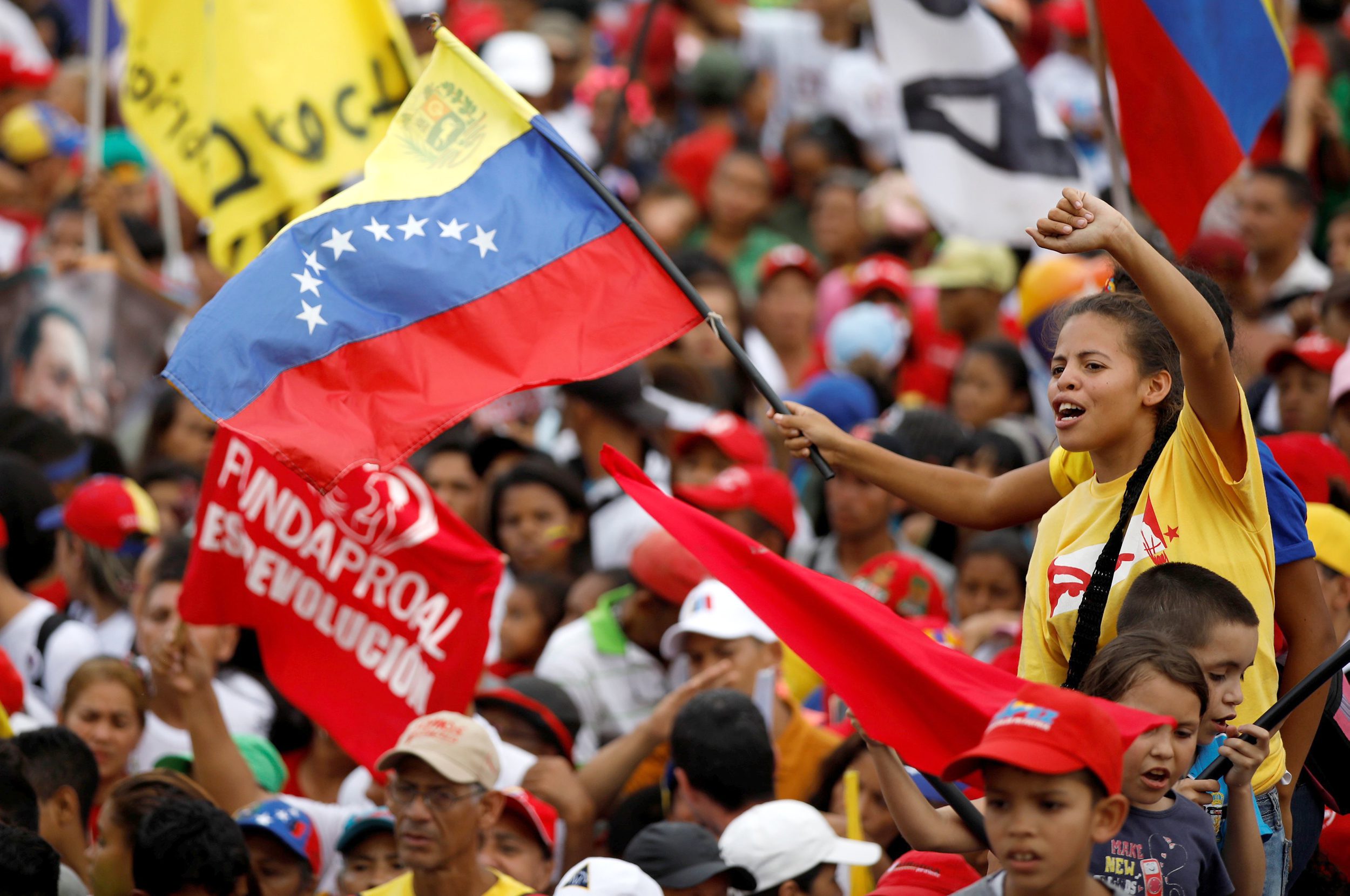David Goldwyn, President of Goldwyn Global Strategies LLC and former U.S. State Department’s special envoy for international energy affairs, expressed reservations regarding Venezuela’s forthcoming elections, that they may not align with international standards for fairness. Goldwyn’s insights, shared in an interview with S&P Global Commodity Insights in December, emphasized the multifaceted intentions behind the Venezuelan opposition’s eagerness for electoral participation.
“I think there will be an election in the second half of 2024, and it may not meet international standards as free or fair,” Goldwyn opined, underlining the opposition’s motivation to reintegrate into Venezuela’s political framework. He emphasized their aspiration to campaign broadly, articulate governance strategies, and position themselves competitively for the legislative elections slated for 2025.
Goldwyn believes the opposition’s expectations regarding the election’s fairness are modest. Nevertheless, he stressed their dedication, alongside the U.S. and the international community, to maximize the election’s fairness through minimum standards outlined under the Barbados agreement.
Goldwyn said an electoral systems audit, an updated registry, and unimpeded campaigning for opposition candidates must be conducted. Despite potential obstacles, Goldwyn underscored the opposition’s commitment to demonstrating both domestically and globally the Venezuelan populace’s stance on the current regime and their yearning for change.
Goldwyn referenced the commitments made under the Barbados agreement by the Nicolas Maduro regime, citing partial compliance with specified conditions, such as releasing some political prisoners and enabling opposition candidates to petition the Venezuelan Supreme Court for reinstatement. However, he highlighted the incomplete fulfillment of mandated conditions, signifying the regime’s limited progress.
Goldwyn indicated a likelihood of certain sanctions being reinstated by mid-January, starting possibly with reversing gold sales or trading debt instruments. He projected that oil-related sanctions might endure until further conditions are met, indicating the Joe Biden administration’s aim to maintain diplomatic credibility while nudging the Maduro regime towards compliance. The current sanctions relief targets Venezuela’s oil, gas, and gold sectors. Other sanctions imposed due to the suppression of protests and the erosion of democracy remain in place.
Goldwyn said it is important to allow adversaries to meet obligations without offering extensive leeway, considering the opposition’s primary interest lies in the 2024 elections.
President Nicolas Maduro is expected to run for re-election, with his main opposition challenger being María Corina Machado. Venezuela’s controller general, Elvis Amoroso had banned her from public office in June due to her support for US sanctions against Maduro’s regime. Despite the ban, Machado continued her campaign and won the opposition primaries in October last. However, Venezuela’s top court suspended the primary results and ratified bans on her and other opposition candidates, after Venezuela’s attorney general Tarek William Saab said his office was investigating the primary and members of its organizing commission for electoral violations, financial crimes and conspiracy.



